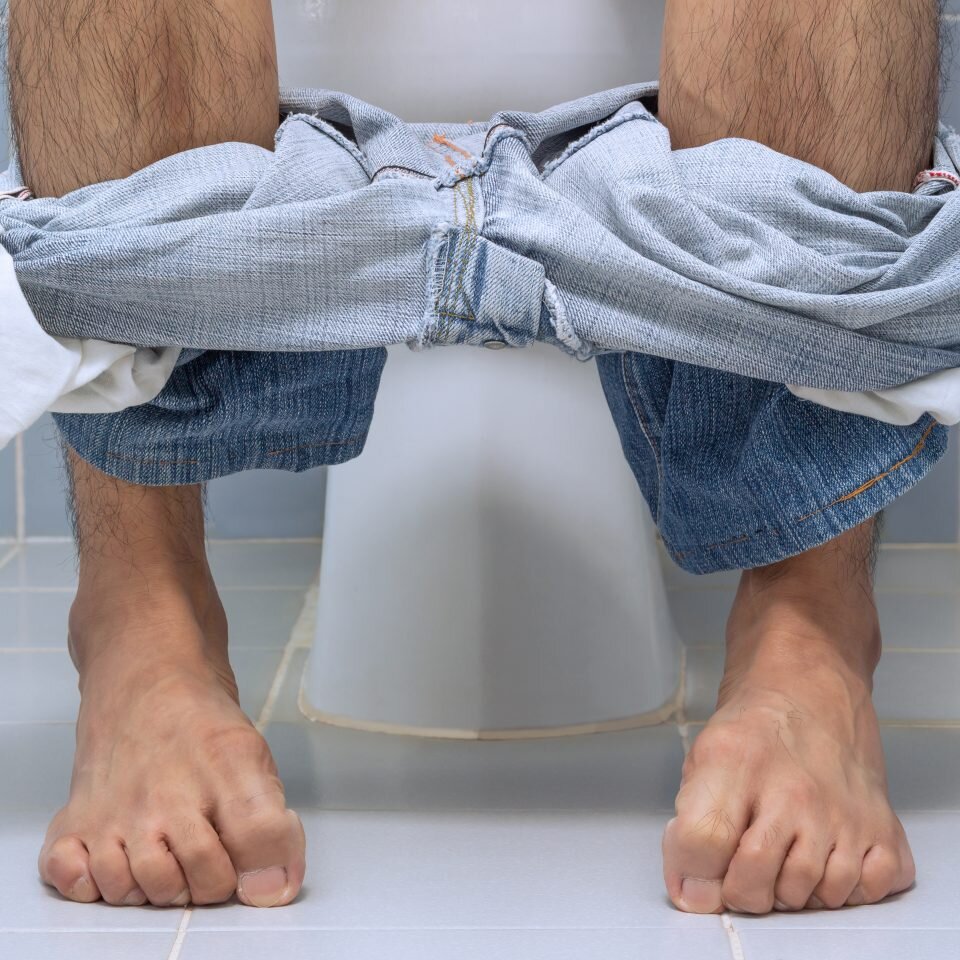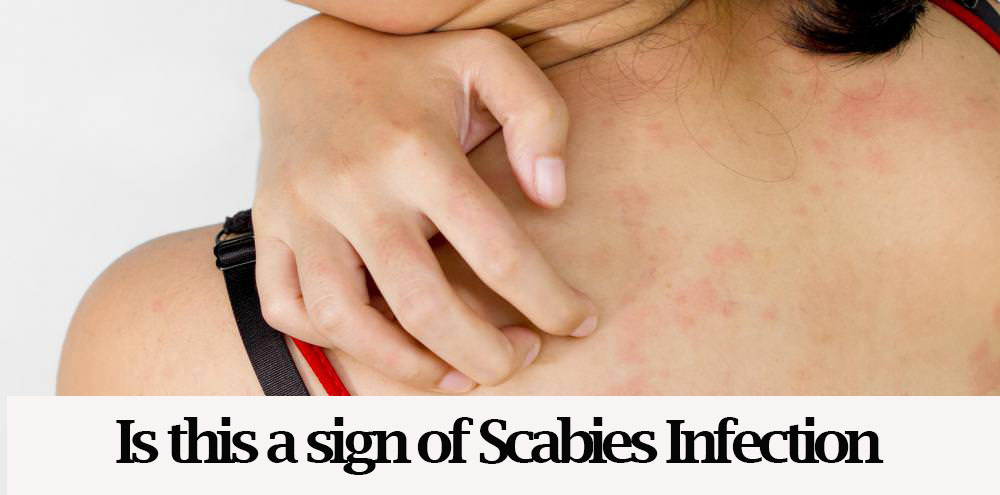

If that’s why you’re butt-sore, your doctor will likely recommend a stool softener.ĭoctor prescribed options (increase blood flow which promotes healing):įYI: if you have chronic or severe cases of anal fissures, you may need a procedure like lateral internal sphincterotomy (LIS) or an injection of Botox. Anal fissure treatmentsĬonstipation may be causing your too-hard-poops to pass and cause fissures. Here’s a few other causes of anal fissures:Īdd diarrhea and an increase in wiping to the equation, and you’ve got a nightmare on your hands (and around your anus). Rough food can cause small tears in your derriere’s delicate tissues - also known as anal fissures.Ī large, hard poop or a hard-on in the backdoor (yup, we’re talking about anal sex) can both cause a fissure. Rough foods that are hard to digest or have edible seeds, pods, or shells can cause trouble for your toosh. Hemorrhoids aren’t the only cause of painful pooping. ‘Anal fissures’ are a fancy way of saying physical trauma

Hemorrhoids can heal on their own, but you can speed up the process and reduce the discomfort. But if there is a lot of blood, or the blood is darker and mixed in with your stool, definitely get set an appointment with your healthcare provider ASAP!

If you see a little bit of fresh blood on your toilet paper after you wipe, stay calm.
How to treat sore bum from diarrhea skin#
Skin contact with capsaicin can cause burning, and it’s even asthma-inducing for some people. Capsaicin, a chemical compound in foods like hot peppers, might cause your digestive system to mutiny on the poop deck. If you have a loving relationship with spicy foods, beware. That’s why you may feel your muscles contract and signal that you can’t wait to go to the bathroom.

Hormone and nerve regulators that control the process can be triggered to increase the force of food movement. If foods aren’t broken down enough, then the acids, enzymes, and bile can damage tissue and cause burning sensations as food speeds through the end of the digestion process. Food becomes feces - badda bing, badda boom: normal digestion. Bile, a fat-dissolving digestive juice produced by your liver, is added to the mixture to help your body finish absorbing nutrients.īy the time food passes through the small intestine, most digestive juices should be neutralized. Your mucosa lines the length of your digestive system and contains tiny glands that produce digestive juices to help break down food. What is normal? Food enters your system and a variety of acids and digestive enzymes get to work as soon as food touches saliva. At least it is when things are running like normal. It’s easy to forget that there’s a whole food journey from first chew to number 2. Digestion 101: Enzymes, bile, stomach acid


 0 kommentar(er)
0 kommentar(er)
